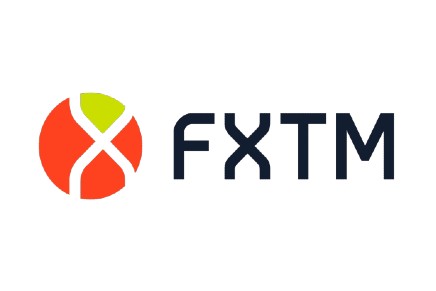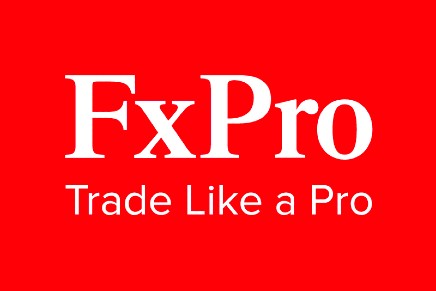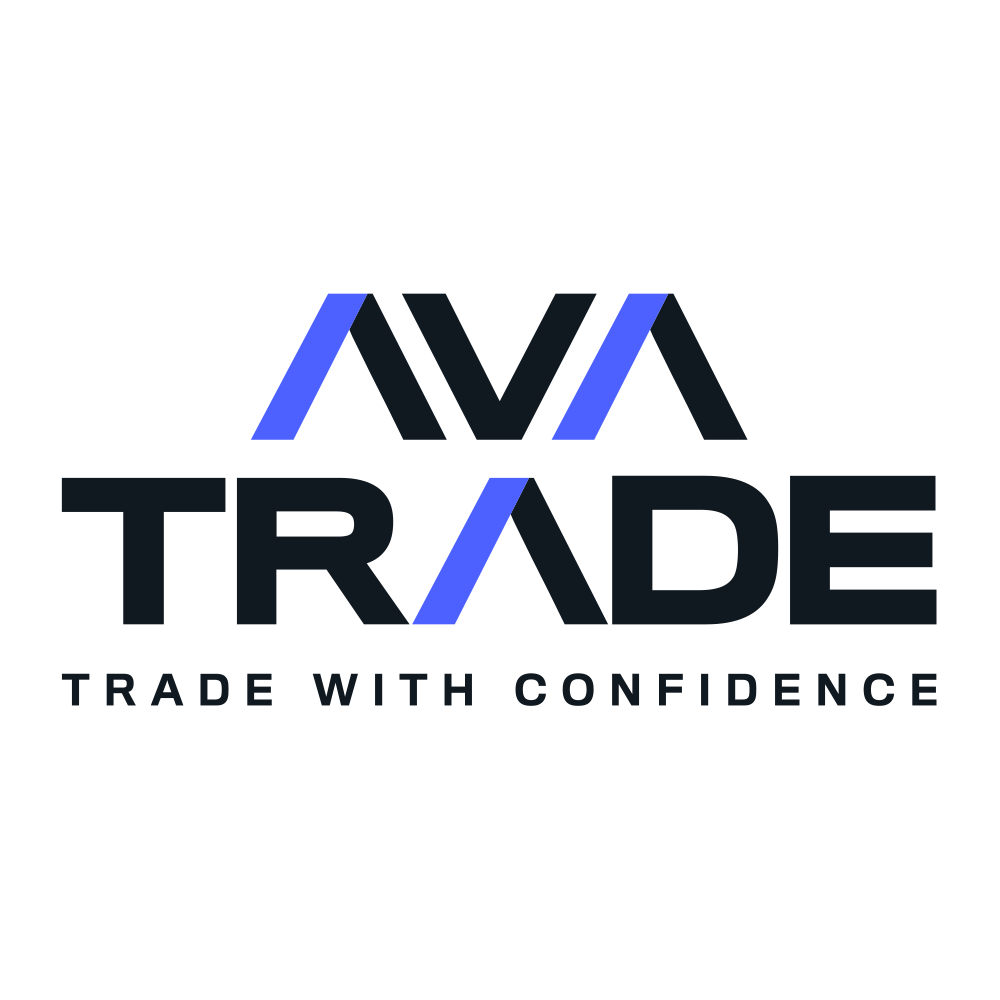When you’re forex trading, you’ll have the option of whether you use an ECN forex broker or a dealing desk (DD) broker. In this guide, I’ll explain exactly what an ECN broker is, show you my picks for the best ECN brokers, and explain how to find the best ECN forex broker for you.
Also consider: Best MetaTrader 4 Brokers UK
Top 5 best ECN Forex brokers for September 2025
Browse my list below to see which are the best ECN Forex brokers for UK investors.
Top ECN Forex brokers at a glance
- Pepperstone
- Avatrade
- FXTM
- FxPro
- IC Markets
- VantageFX
Pepperstone is an FCA-regulated broker that differs from the other brokers on my list, as its fee structure is slightly different.
When trading with Pepperstone, you will face the low benchmark fee of $0.40 on a $20,000 long position held for a week on the GBP/USD pair. However, on top of this, you will also be asked to pay a $3.50 commission charge for every lot traded.
So, before you make a trade with Pepperstone, you should ensure that you’ve calculated your total trading costs properly.
The good news is, there’s absolutely no minimum deposit required when you first open your account with Pepperstone.
The broker has a wide range of securities for you to invest in, with over 60 currency pairs and more than 1,500 CFDs to choose from.
Spread bets and CFDs are complex instruments and come with a high risk of losing money rapidly due to leverage. 75.3% of retail investor accounts lose money when trading spread bets and CFDs with this provider. You should consider whether you understand how spread bets and CFDs work, and whether you can afford to take the high risk of losing your money.
If you are looking for the right platform to suit your experience and prefer to trade forex or CFDs, then I can recommend AvaTrade as an excellent option. The range of platforms available here is exceptional with the whole suite of MetaTrader platforms, as well as two proprietary platforms, a mobile app, a social trading platform, and a forex trading platform suited to professional traders.
Another strength of AvaTrade is the excellent educational content available. A comprehensive assortment of in-house material and third-party content is provided for all levels of trading.
The thriving community of traders also make AvaTrade an excellent option for copy trading. The AvaSocial mobile app allows you to research, copy, set budgets and limits, and access automated trading.
On the downside, the forex fees here are around average so you won’t save much in the way of costs and this isn’t a suitable platform for anyone looking for real stocks.
For the latest AvaTrade products, fees and platforms available, please read my detailed AvaTrade review.
CFDs are complex instruments and come with a high risk of losing money rapidly due to leverage. 76% of retail investor accounts lose money when trading CFDs with this provider. You should consider whether you understand how CFDs work and whether you can afford to take the high risk of losing your money.

FXTM, also known as “Forextime”, is another broker offering an ECN account called the “Advantage Account”.
Through this account, you can trade directly on the forex through the MetaTrader 4 platform. As this is through an ECN, spreads are as little as 0.0 with commissions averaging between $0.40 and $2, depending on trading volume.
The market execution with FXTM ensures that you enter trades at market prices, and your orders will be filled within milliseconds.
You can also trade with leverage of up to 30:1, allowing you to potentially magnify your returns with a smaller upfront investment. However, remember that leverage can also magnify losses, meaning you may end up losing more than your initial investment.
One point to note with FXTM is that there is a minimum deposit requirement of £500. This is a fairly reasonable sum to start with if you’re intending to really focus on becoming a forex trader.
But if you’re looking to trade small volumes or you simply want to give forex trading a try, this slightly higher minimum deposit may make FXTM a less attractive option for you.
We can’t take you to this site at the moment.
Have you tried eToro?
{etoroCFDrisk}% of retail investor accounts lose money when trading CFDs with this provider. You should consider whether you can afford to take the high risk of losing your money. Your capital is at risk. Other fees apply. For more information, visit etoro.com/trading/fees
CFDs are complex instruments and come with a high risk of losing money rapidly due to leverage. 77% of retail investor accounts lose money when trading CFDs with this provider. You should consider whether you understand how CFDs work and whether you can afford to take the high risk of losing your money.

With access to more than 70 currency pairs across the forex market, FxPro is one of the best ECN trading platforms available to UK traders.
Most orders made with FxPro are filled in less than 14 milliseconds, meaning you can be confident that you’ll execute your trades at your chosen price before things change. Indeed, just 1.41% of all trades in 2021 received a requote – and 0.66% were even requoted at better prices than initially ordered.
You can use various platforms to trade on FxPro, including:
- CTrader
- MetaTrader 4
- MetaTrader 5
FxPro also supports CFD trading on its platform, allowing you to speculate on the future price movements of foreign currency pairs. However, you should bear in mind that as of 12 October 2022, 77.20% of retail investor accounts lose money when trading spread bets and CFDs with FxPro.
Technically, FxPro is not actually a “true” ECN broker, but rather a “no dealing desk” (NDD) execution service. That’s because, while true ECN brokers offer entirely anonymous trading between the two parties, this opens up the possibility of worse pricing or even trades falling through.
Meanwhile, as an NDD, FxPro simply executes orders on your behalf without having a stake in the trade. This offers greater transparency and, ideally, better pricing on your trades.
Capital at risk.
What is the best ECN broker UK?
In reality, there is no “best” ECN broker, as selecting the right platform for you will come down to a variety of factors.
First and foremost, you’ll need to consider what you want to get out of your trading. Are you a beginner looking to trade forex for the very first time?
Or are you an experienced trader looking to reduce your costs by choosing an ECN broker over a market maker? Working out where you fall on this spectrum will help you to make a more informed decision.
Typically, you’ll likely want to stick to FCA-regulated ECN brokers, as these will be subject to more stringent regulatory frameworks. Knowing that your broker is regulated can give you peace of mind that they’ll always act in the interest of you as their customer, rather than themselves.
Of the brokers on my list, only VantageFX has no authorisations from the FCA, and IC Markets is currently going through the process of cancelling its FCA authorisation, as of 12 October 2022.
Other factors you may want to take into consideration include:
Minimum deposit required
Platforms with a higher minimum deposit may be less ideal if you’re looking to trade small volumes or simply try forex trading for the first time.
The trading platform
Consider how user-friendly the platform is, especially if you’re a beginner. Many platforms offer a demo account or may include trading tools that can help you to refine your strategy, too.
Trading costs
While ECN brokers will simply show you differing spreads without profiting on this themselves, account fees and commission rates may vary across providers. It’s worth checking these before you open an account, as these fees can quickly add up and reduce the returns you might generate from your trading.
Range of assets
The greater the number of assets and currency pairs, the more choice you’ll have in how you trade. Of course, most ECN brokers will offer access to the standard major pairs, and some will have an even greater range of major and minor pairs for you to choose from.
Educational tools
If you’re a beginner, the ability to research and learn more about forex trading may be invaluable. In that case, choosing a broker with these educational tools available may be an important factor.
My UK ECN forex brokers list is a great place to start to find out about some of the best brokers available to UK traders.
Remember to properly research any ECN brokers you’re considering before you open an account, so that you find the right one for you. You may also want to seek independent investment advice if you’re unsure which broker best suits your trading needs.
What is an ECN broker?
An ECN or “electronic communication network” broker is like the stop-gap between the market and you as a trader. But unlike a traditional stockbroker or investment platform, an ECN account gives you direct market access for trading forex.
By trading with an ECN broker, your order is transferred directly to “liquidity providers”. These are typically financial institutions such as banks, investment corporations, hedge funds, mutual funds, and potentially even other traders.
As a result, you have direct market access to these liquidity providers through ECN trading accounts, rather than going through an intermediary.
Crucially, an ECN broker simply shows you all of the prices on offer from the various liquidity providers. That means you can choose from the best price available, rather than being restricted to the prices offered by an intermediary broker.
Generally, this means you can save money, as these intermediary brokers often make money by showing less competitive spreads for forex buy and sell prices.
Meanwhile, an ECN does not seek to make money from spreads. Instead, these platforms usually have account fees or commission rates where they make their money. This can be more cost-effective than trading uncompetitive spreads with other providers.
By using an ECN, you can trade at almost any time of day. This differs from market makers, which may charge an overnight fee if they have to roll your open trades over to contracts for the next trading day. I explain more about market makers later in my guide.
You can trade stocks as well as forex pairs with UK ECN brokers. However, these are typically the only financial markets you’ll be able to trade on in this way.
What is a “true” ECN broker?
“True” ECN forex brokers are those that exclusively meet the ECN criteria. For example, a true broker will do nothing more than facilitate access to a network of liquidity providers offering various prices on trades.
Traders using a true ECN broker will also be entirely anonymous to one another.
It’s worth noting that not all brokers that have some of these characteristics are ECN brokers by definition. Indeed, FxPro, IC Markets, and Pepperstone are all forex brokers with elements of being an ECN broker.
In the case of FxPro and Pepperstone, both of these platforms behave a lot like ECN brokers, while also retaining control of their platforms themselves like a market intermediary would.
Similarly, IC Markets is not an ECN broker in the strictest terms, but it does offer a pricing structure in line with how ECN brokers do.
It’s not necessarily a disadvantage to choose a broker that isn’t technically an ECN broker. But, if you do want a purpose-built ECN broker, you may want to look exclusively at platforms such as FXTM and VantageFX.
How are ECN brokers different to market maker brokers?
When looking up the best ECN brokers, you may come across the term “market makers”. Both ECN brokers and market makers offer access to forex markets, but the crucial difference is that market makers are the intermediaries I discussed above.
You might see market makers referred to as “dealing desk brokers” or even “non-ECN brokers”.
Rather than offering direct access to liquidity providers, market maker brokers offer an internal price on your forex. These prices are typically less competitive than those available across the market, as this is where they make their money.
As a result of the way they earn money from traders, market makers are often accused of deliberately manipulating prices to make the spreads more favourable to them. This is a notable downside, as it means your broker is essentially against you and might offer a spread that isn’t the optimum one for the market.
Meanwhile, ECN brokers are literally unable to do this, as they are simply showing you the range of available prices on the market, rather than setting these themselves.
The upside to using a market maker is that they guarantee your trade will be placed. With an ECN broker, there’s always a chance that you won’t find a buyer or seller for your asset, leaving you unable to make your trade.
So, by going through a market maker, your broker will be taking on the responsibility to make your trade, guaranteeing that it will happen – even though this may be for a less attractive price.
Best ECN Forex Broker UK FAQs
Which broker offers ECN?
There are many ECN brokers available to UK traders, including FxPro, FXTM, IC Markets, Pepperstone, and VantageFX.
Read my guide to the best ECN brokers in the UK to find out more about each platform.
Are there true ECN brokers?
Please note
CFDs are complex financial instruments and more than half of retail CFD accounts lose money when trading CFDs. Please make sure that you know these risks before you start trading and that you’re aware there’s a high chance of losing money rapidly on your investment.
The value of your investments (and any income from them) can go down as well as up and you may not get back the full amount you invested. Past performance is not a reliable indicator of future performance. Investments should be considered over the longer term and should fit in with your overall attitude to risk and financial circumstances.



